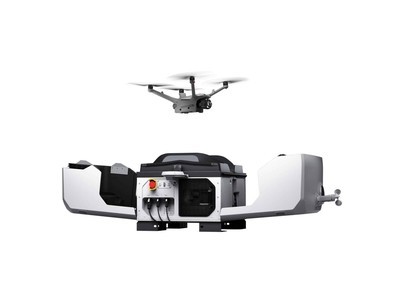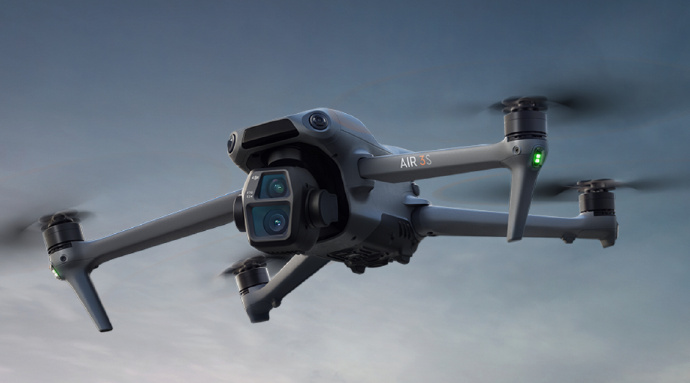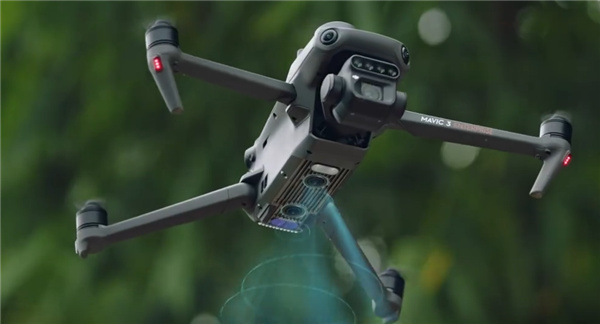In an era defined by rapid technological advancement, autonomous drones are emerging as pivotal tools, reshaping industries and redefining the very essence of modern life. Their integration is revolutionizing fields from security to logistics, offering benefits that were once the realm of science fiction.
The Security Transformation
One of the most promising applications of autonomous drones is within the security sector. Equipped with state-of-the-art cameras and sensors, these drones provide real-time surveillance capabilities that are invaluable for both urban and rural security. Unlike traditional security systems, autonomous drones offer unparalleled mobility, allowing for dynamic monitoring and immediate response. They can be programmed to follow specific flight paths, detect unusual activities, and relay information to central command centers for instant decision-making.
The use of autonomous drones in security is not just a theoretical concept. Numerous industries are actively deploying them to protect assets and monitor sensitive areas. For example, security firms utilize drones to oversee large infrastructure projects, ensuring the safety of both the site and its workers. The automation and precision that drones provide significantly reduce the dependency on human patrols, thereby enhancing efficiency and reducing costs.
The Evolution of Delivery Systems

In the realm of delivery, autonomous drones are poised to transform the logistics industry. Companies worldwide are investing in drone technology to streamline their delivery processes, targeting both remote and urban areas with the promise of faster and more reliable service. This technological leap could drastically reduce delivery times, enhance service coverage, and even decrease transportation costs.
Leading corporations, such as e-commerce giants, are conducting pilot programs to evaluate the efficacy of autonomous drones in real-world conditions. The ability to navigate autonomously allows these drones to deliver packages to locations previously deemed inaccessible. This is a game-changer for areas lacking traditional infrastructure, connecting remote communities and bolstering economic growth.
Addressing the Challenges
Despite their potential, the widespread adoption of autonomous drones is not without challenges. Regulatory hurdles, airspace management, and public perception are significant barriers that need careful navigation. Regulations need to adapt quickly to match the pace of technological innovation while ensuring public safety and privacy.
Additionally, the integration of drones into crowded urban airspaces poses logistical challenges. It requires sophisticated systems to prevent collisions and ensure seamless operation without disturbing existing air traffic. Innovative solutions are being explored to develop dedicated drone corridors and enhanced communication systems between drones and other airspace users.
The Ethical Consideration
Beyond technical challenges, there are ethical considerations. The use of drones, especially in surveillance, raises privacy concerns that must be addressed to gain public trust. Clear guidelines and transparency around data use can foster acceptance and ensure ethical implementation of drone technology.
Moreover, as the technology becomes ubiquitous, there is a need for regulations that prevent misuse. Ensuring that drones are used responsibly and ethically is crucial to prevent abuses and maintain civil liberties.
FAQ
- How do autonomous drones navigate?
- These drones utilize a combination of GPS, onboard sensors, and advanced algorithms to navigate. They can detect obstacles, chart paths, and adjust their flight autonomously, ensuring precise and safe operations.
- What are the potential applications beyond security and delivery?
- Autonomous drones have vast potential in areas like agriculture for crop monitoring, disaster management for search and rescue operations, and infrastructure inspections, offering efficient solutions to complex tasks.
- Are there any significant environmental impacts?
- Compared to traditional methods, drones are more energy-efficient and have a lower carbon footprint. Their adoption can significantly contribute to sustainable practices, especially in logistics.


